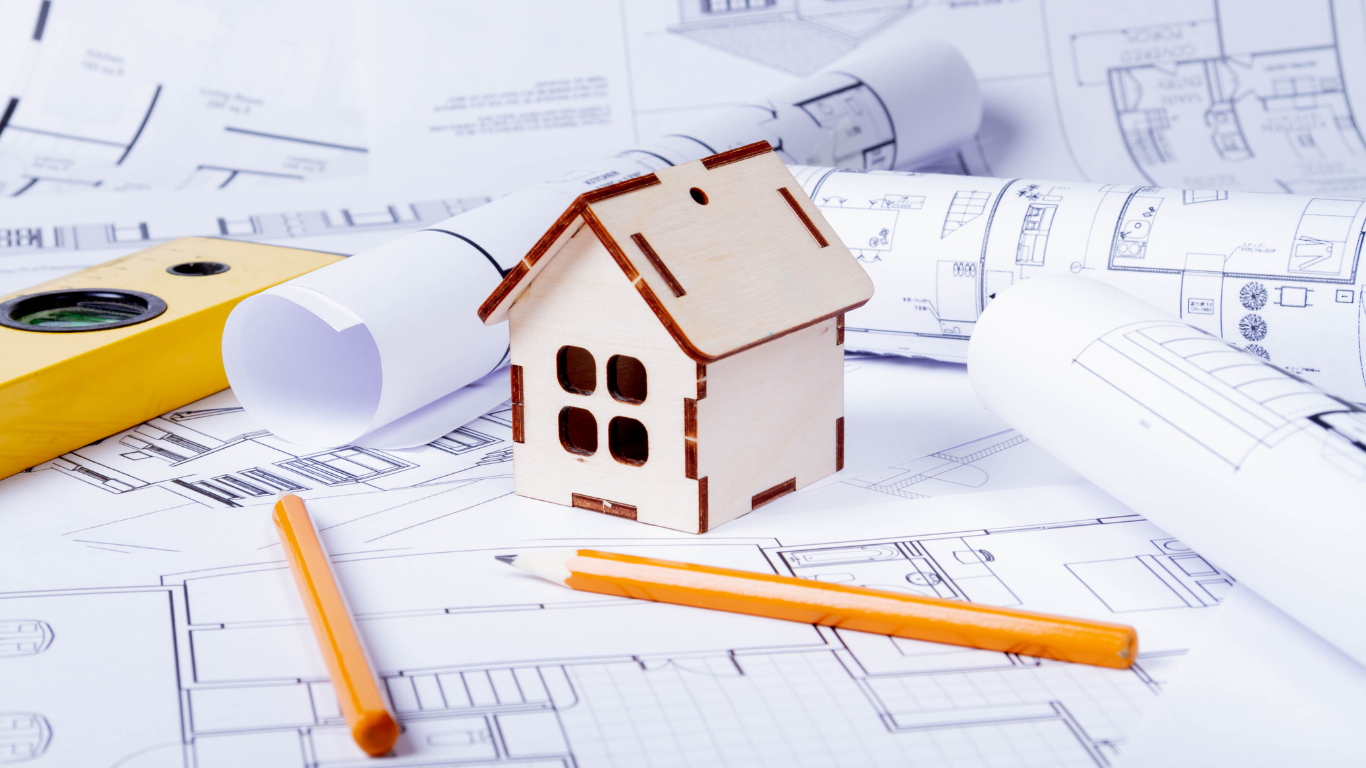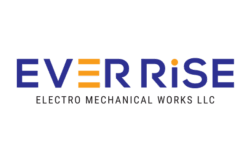
With the UAE’s push toward sustainability, Energy Management Systems (EMS) have become increasingly popular in building projects. EMS is a technology-driven approach to monitor, control, and optimize energy usage in buildings and facilities. These systems help minimize energy waste, reduce costs, and support green initiatives by enhancing overall energy efficiency.
Key Components of Energy Management Systems:
- Smart Monitoring and Analytics
- Track real-time energy consumption and identify inefficiencies.
- Automation and Control
- Automatically adjust systems (e.g., HVAC, lighting) based on occupancy or environmental conditions.
- Renewable Energy Integration
- Manage renewable sources, such as solar, and optimize their contribution to overall energy needs.
- Demand Response Solutions
- Adjust energy usage during peak demand periods to avoid high costs and reduce load on the grid.
Benefits of Energy Management Systems in the UAE
EMS offers a host of benefits, especially in a region with high energy demands:
1. Reduced Operational Costs
By tracking and managing energy usage, EMS reduces wastage, leading to significant savings in energy costs. Smart systems can automatically optimize energy usage, ensuring that only necessary power is utilized.
2. Sustainability and Environmental Impact
Energy management systems align with the UAE’s commitment to reducing its carbon footprint and promoting sustainable practices. Buildings with EMS contribute less greenhouse gas emissions, supporting the UAE’s green energy goals.
3. Enhanced Building Performance
With precise control over various systems, EMS improves building performance and occupant comfort, adjusting lighting, temperature, and ventilation based on real-time data.
4. Compliance with Green Building Standards
The UAE’s green building codes, such as the Abu Dhabi Estidama and Dubai’s Green Building Regulations, promote energy efficiency. Implementing EMS helps properties achieve these certifications and gain recognition as environmentally responsible buildings.
5. Remote Management and Automation
EMS systems allow for remote management, enabling building operators to monitor and control systems from any location. Automation also reduces the need for manual intervention, minimizing errors and improving efficiency.
Types of MEP Contracting Services with Energy Management Integration
As buildings in the UAE become more advanced, MEP contracting services are evolving to integrate energy management systems, creating smarter, more sustainable infrastructures. Here are some MEP services with EMS integration:
1. Smart HVAC Systems
HVAC accounts for a significant portion of a building’s energy consumption, especially in the UAE’s hot climate. By integrating EMS, MEP contractors can offer smart HVAC systems that adjust temperature settings based on occupancy, weather, and time of day, drastically reducing energy costs.
2. Lighting Control Systems
Energy-efficient lighting systems are central to MEP services, and EMS can automate lighting based on natural light availability and occupancy. This reduces energy usage while enhancing lighting quality.
3. Renewable Energy Solutions
MEP services now include renewable energy options like solar panels, which EMS can manage to maximize their efficiency. This integration allows buildings to rely more on clean energy, reducing dependency on non-renewable sources.
4. Water Management Systems
Plumbing systems with EMS integration ensure efficient water usage, vital in a water-scarce region like the UAE. Smart meters, leak detection systems, and efficient water fixtures help conserve water and lower utility bills.
5. Automated Fire and Safety Systems
EMS can monitor fire safety systems, enabling automated alerts and responses, such as shutting down ventilation during a fire to prevent smoke spread. This integration improves safety and ensures rapid response in emergencies.
6. Integrated Building Management Systems (BMS)
A BMS is an all-encompassing EMS for buildings, providing centralized control over HVAC, lighting, security, and other systems. BMS optimizes overall energy consumption, supporting efficient building operations and offering data analytics for continuous improvement.
Choosing the Right MEP and EMS Providers in the UAE
Selecting experienced and reputable MEP contractors and EMS providers is crucial to ensure the success of your project. Here’s what to look for:
- Experience and Track Record
- Look for contractors with experience in similar projects, particularly with EMS integration.
- Comprehensive Service Offerings
- Choose providers who offer end-to-end services, from design and installation to maintenance and support.
- Compliance with UAE Standards
- Ensure that the contractor is well-versed in UAE’s building codes and energy regulations.
- Technological Expertise
- Providers should leverage the latest technology, including IoT, automation, and renewable energy integration.
- Sustainability Focus
- Partner with contractors who prioritize green building practices and have a solid understanding of energy management.
The Future of MEP and Energy Management Systems in the UAE
As the UAE continues its drive toward sustainability and smart infrastructure, the role of MEP services and energy management systems will only grow. Key trends shaping the future include:
1. Smart Buildings and IoT Integration
- MEP and EMS solutions will incorporate IoT devices for enhanced monitoring, control, and predictive maintenance, making buildings more responsive and adaptable.
2. Increased Focus on Renewable Energy
- The UAE’s goals for clean energy include increasing the integration of renewable sources. EMS will play a vital role in managing these energy sources efficiently.
3. AI and Machine Learning for Predictive Analytics
- Advanced EMS will use AI to analyze energy data, predict usage patterns, and make automatic adjustments, further reducing energy consumption.
4. Carbon Neutral Buildings
- The UAE’s commitment to reducing its carbon footprint will lead to the design and construction of more carbon-neutral buildings, with EMS as a core feature.
5. Building Information Modeling (BIM) for MEP Design
- BIM technology allows for better planning and design of MEP systems, leading to increased efficiency, reduced costs, and easier EMS integration.
MEP contracting services and Energy Management Systems are integral to the UAE’s efforts to build smarter, more sustainable buildings. From optimizing HVAC and lighting to managing renewable energy, MEP and EMS play crucial roles in reducing energy costs, enhancing occupant comfort, and meeting the UAE’s green building goals.
Investing in professional MEP services with EMS integration is essential for developers, property managers, and building owners who want to ensure operational efficiency, environmental responsibility, and long-term savings. By choosing the right contractors and prioritizing advanced EMS, the UAE’s buildings can continue to set new standards in innovation, sustainability, and energy management.
